Should the homeowner avoid construction contract allowance?
compiler
9 years ago
Featured Answer
Comments (12)
renovator8
9 years agocompiler
9 years agoRelated Professionals
Everett Kitchen & Bathroom Designers · Blasdell Kitchen & Bathroom Remodelers · Dearborn Kitchen & Bathroom Remodelers · Lisle Kitchen & Bathroom Remodelers · Spokane Kitchen & Bathroom Remodelers · Clinton Township Interior Designers & Decorators · Burlington General Contractors · Alhambra General Contractors · Leavenworth General Contractors · Monroe General Contractors · Nashua General Contractors · Norristown General Contractors · Pasadena General Contractors · Riverdale General Contractors · Stoughton General Contractorssjhockeyfan325
9 years agojewelisfabulous
9 years agosjhockeyfan325
9 years agojewelisfabulous
9 years agorenovator8
9 years agorenovator8
9 years agojewelisfabulous
9 years agosjhockeyfan325
9 years agojewelisfabulous
9 years ago
Related Stories

BUDGETING YOUR PROJECTConstruction Contracts: What to Know About Estimates vs. Bids
Understanding how contractors bill for services can help you keep costs down and your project on track
Full Story
BUDGETING YOUR PROJECTConstruction Contracts: What Are General Conditions?
Here’s what you should know about these behind-the-scenes costs and why your contractor bills for them
Full Story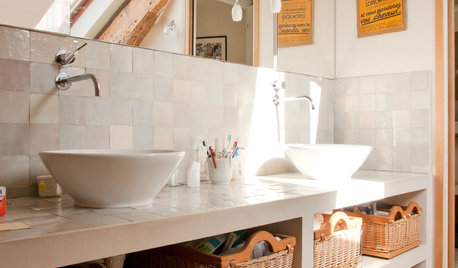
WORKING WITH PROSConstruction Contracts: How to Understand What You Are Buying
Learn how plans, scope of work and specifications define the work to be completed
Full Story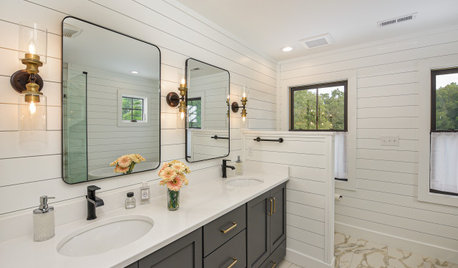
BATHROOM WORKBOOKHow to Remodel a Bathroom
Create a vision, make a budget, choose your style and materials, hire the right pros and get the project done
Full Story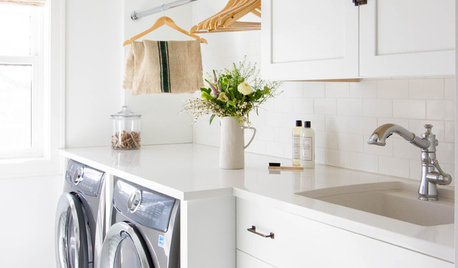
MOST POPULARHow to Remodel the Laundry Room
Use this step-by-step guide to figure out what you want and how to make it happen
Full Story
INSIDE HOUZZDecorating Trends: A New Houzz Survey Shows What Homeowners Want
Is the TV gaining or losing ground? Are women or men trendier? Find out and learn more about people’s decorating plans right here
Full Story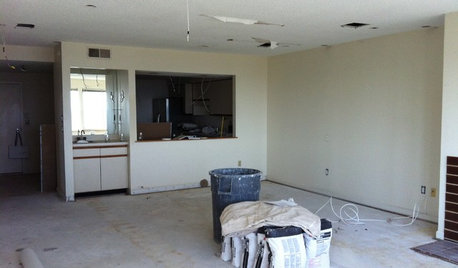
DISASTER PREP & RECOVERYRemodeling After Water Damage: Tips From a Homeowner Who Did It
Learn the crucial steps and coping mechanisms that can help when flooding strikes your home
Full Story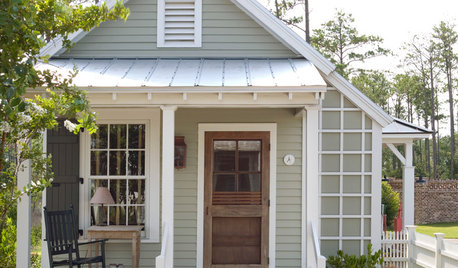
MOVINGHow to Avoid Paying Too Much for a House
Use the power of comps to gauge a home’s affordability and submit the right bid
Full Story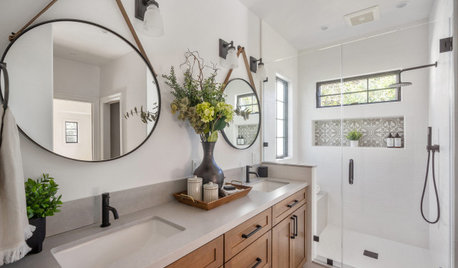
BATHROOM DESIGN5 Common Bathroom Design Mistakes to Avoid
Get your bath right for the long haul by dodging these blunders in toilet placement, shower type and more
Full Story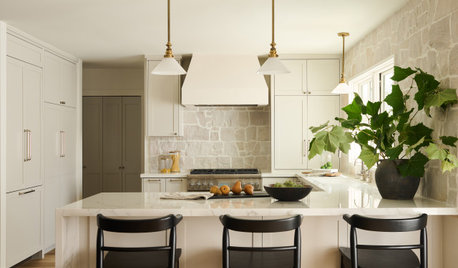
KITCHEN WORKBOOKHow to Remodel Your Kitchen
Follow these start-to-finish steps to achieve a successful kitchen remodel
Full StorySponsored
Franklin County's Full Service, Turn-Key Construction & Design Company
More Discussions








MongoCT